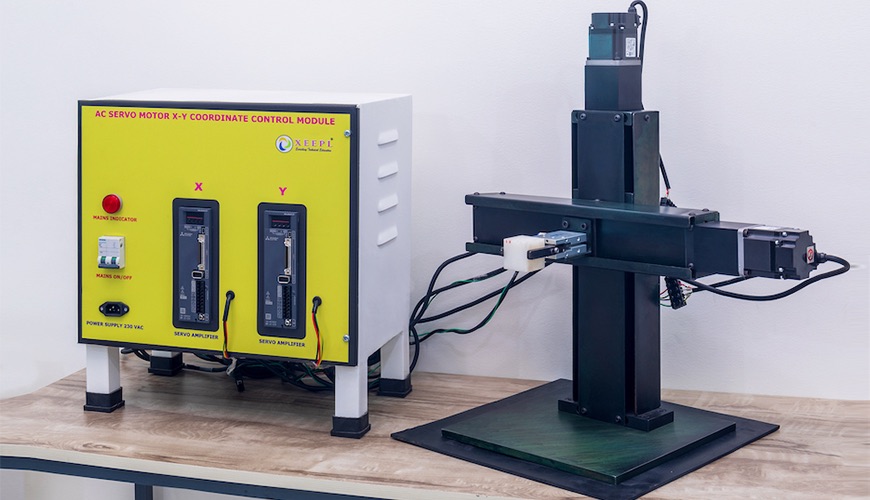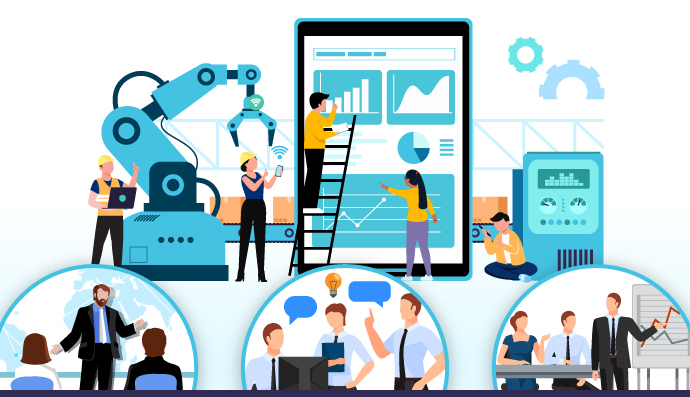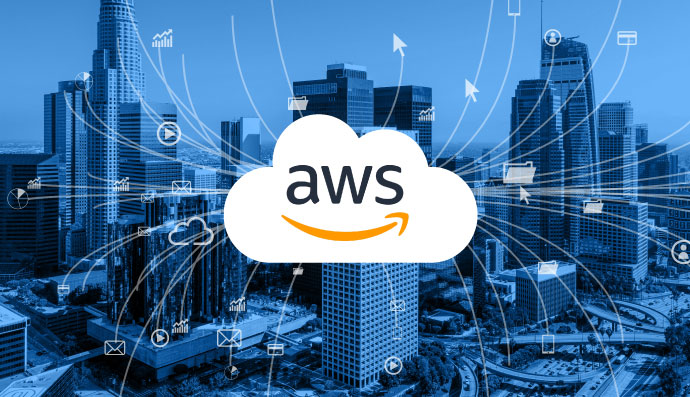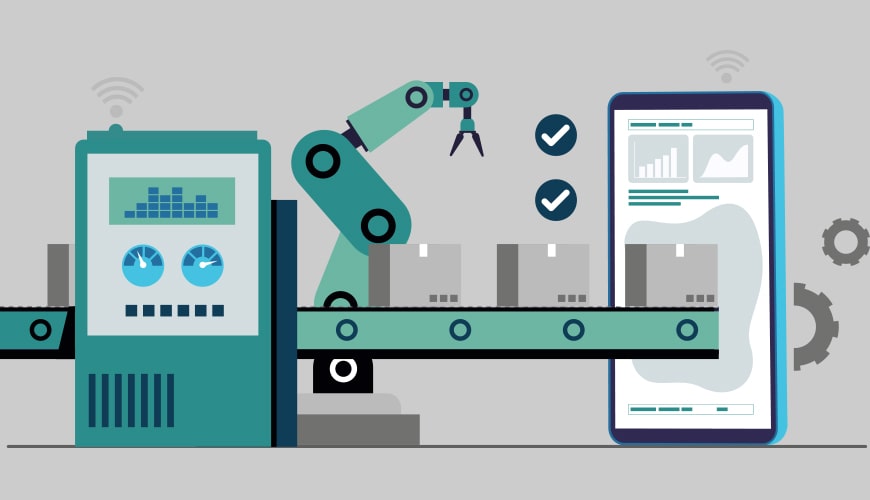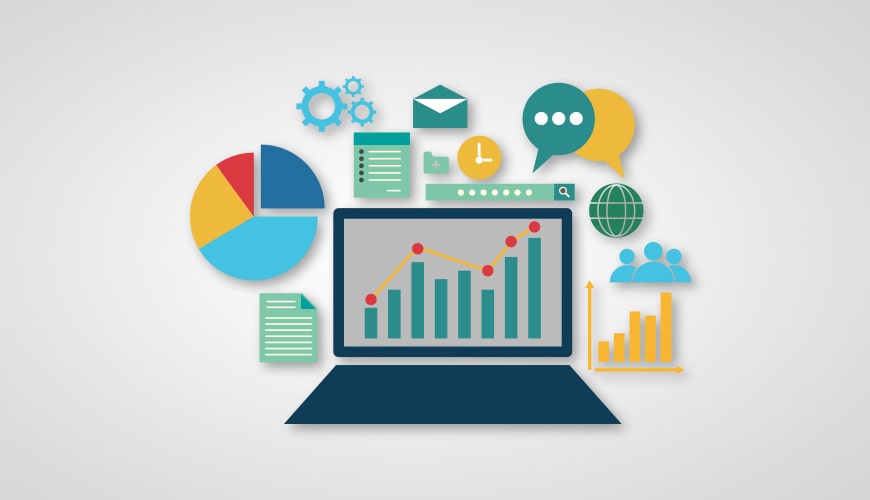COURSE DESCRIPTION
- Since the invention of PLCs in 1960, they were an integral part of the manufacturing and process-based industries. As organizations are moving towards intelligent automation & digital transformation, demand for PLC’s has increased exponentially. Traditional Industries which were previously labor-dependent due to product mix or manufacturing complexity are compelled towards intelligent automation to stay relevant in the market competition.
- PLCs are at the forefront of any automation systems due to their ease of use and simple functionality making them ideal candidates for complex automation solutions. While using IoT applications, professional chose PLC system along with control systems like SCADA. PLCs are also well suited for Industry 4.0 due to data analysis, error prediction, and system optimization.
- Industrial applications of PLCs are MUST HAVE course for any student, to learn actual application in the industry. This is where the theoretical knowledge is used for testing in real life scenarios and provides logical and efficient solutions to problems.
CERTIFICATION
Intelligent Automation– Industrial Applications of PLCs
LEARNING OUTCOMES
- The course offers a complete knowledge of automation – theory plus practical experiments.
- It reinforces conceptual knowledge by learning on real life test fixtures covering a variety of actual use cases.
- It enables students to learn and appreciate system approach of integrated solution and optimization, which is the goal of any industrial process.
- It enables students to work confidently in Manufacturing, Process, Oil and Gas, Pharmaceutical, and Automation industry.
- With knowledge of PLC, SCADA and HMI, students will be ready to explore Intelligent Automation, in situations where Robots and Humans safely foster delivery in cohesion.
Course Eligibility
Students with any of the following qualifications will be considered as an eligible candidate for the course offered :
- Diploma / Degree / ME Graduated or Appearing
- Students from Mechanical / Electrical / Electronics and Telecommunication / Instrumentation / Mechatronics and Computers Streams
- B.Sc. and M.Sc. students from technical steam like Electronics and Instrumentation
- ITI Students
Course Features
- Lectures 11
- Quizzes 0
- Duration 12 days (36 Hours)
- Language English
- Students 15
- Assessments Yes
-
Some of the applications include -
- Temperature Control – Heater and cooling module along with temperature sensing.
- Traffic Light Control – Sequential operation plus manipulation of time setting to regulate traffic flow.
- AC Drive Control – Controlling three phase AC induction motors for optimizing parameters like speed, torque, current and power consumption for any application.
- Stepper Drive Control – Precision position control with micro stepping.
- Servo Drive Control – Regulation of speed and position using PWM feedback control.
- Pneumatic Control system –Comprising of variety of cylinders, valves, and actuators working in a sequence to accomplish specified task.
- DOL and Star-Delta Starter Control – Typical regulation of motor during start with use of different controls.
- Sequence of Motor Control – Learning predictive processes of controlling motors in series.
- Sensors Module – Learning a variety of electro-mechanical, electrical and optical sensors. In addition, sensors like proximity, thermocouple, limit switches, flag sensors are also included, NC and NO controls.
- Conveyor Control System –Parameters for conveyor controls are detection of object, start / stop of motion, speed control, error detection etc.
- Bottle Filling Plant Control – Full integrated setup of mixing ingredients, then dispensing metered quantity of compound within specified time control. It also helps in detection of bottles on conveyor and then bottle filling and transfer to next station.

